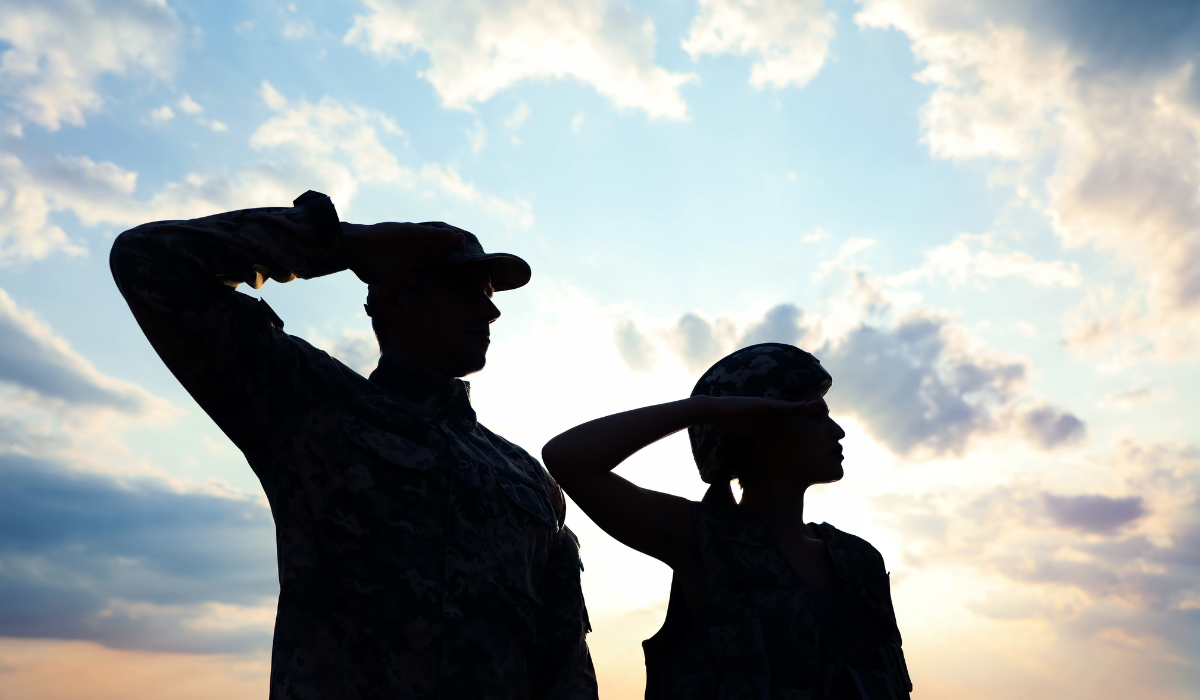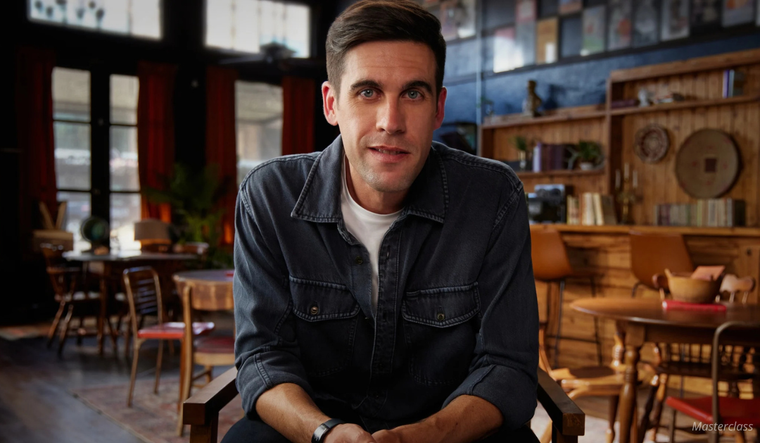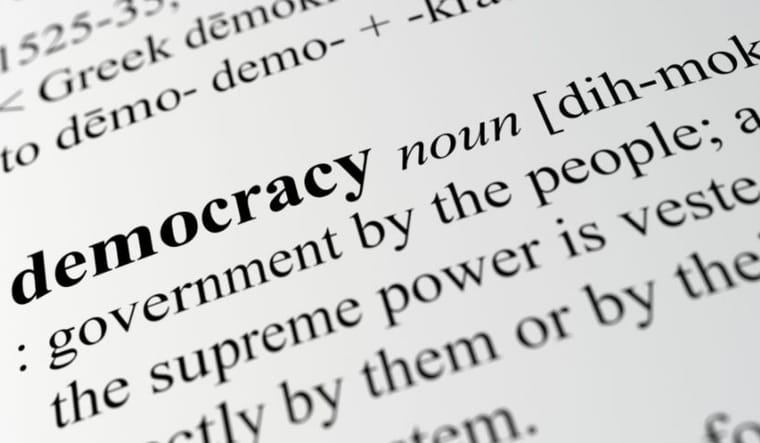How Do We Get Young People to Serve Our Country Again?
It was the first week of Jon Sherin’s medical school residency when he drove to a golf course at the UCLA-affiliated Veterans Affairs (VA) Healthcare Center in Brentwood, Calif., and was captivated by what he saw. The veterans there that day weren’t just playing golf; they were connecting with each other, leaning on each other and supporting each other as a community.
“Something clicked in my heart as I sat there watching those veterans,” says Sherin. “It was really emotional for me.”
Throughout his psychiatry residency, Sherin angled for all the rotations at the VA he could get. “I became known as someone who was constantly trading rotations at UCLA to take care of veterans,” Sherin tells The Sunday Paper. “Many of my peers wanted to do their rotations at UCLA, with the goal of ultimately going into private practice. And I kept thinking, ‘I want to take care of veterans.’”
Sherin would go on to spend much of his career caring for and advocating for our nation’s veterans, and he’s still on a mission to change what he calls a broken system that has far too few young people wanting to serve our country and too often leaves the wellbeing of our service men and women in peril when they return home. In honor of Memorial Day, we sat down with Sherin to learn more about why this is—and what all of us can do about it.
A CONVERSATION WITH JON SHERIN
You say young people are less likely to serve because they hear about and see how poorly Vets are treated after service. Can you tell us more about this?
Well, as a start, we ought to heed a warning issued by George Washington, who said, to paraphrase, “The willingness with which our young people are likely to serve in any war, no matter how justified, shall be directly proportional to how those who went before them were treated upon return.”
When our veterans come home from active duty, we must help them seamlessly reintegrate back into civilian life. In terms of healthcare, why can’t we just have one military community system to create the type of continuity we know to be so critical for any human being? Instead, veterans often get lost in a bureaucratic maze when they separate from active duty and need access to the Department of Veteran Affairs (VA)—this handoff, so to speak, should be the warmest handoff in town, but it isn’t.
And just as there are recruitment officers and offices, who bring civilians into the military, there must be reintegration efforts and offices to do the reverse. With such an infrastructure, and culture, in place, we could make sure that just as you get recruited strategically into military service, you are reintegrated intentionally back into civil civilian life when you come home.
We hear about all the veterans who are homeless. We hear about all the veterans who are incarcerated. We hear about all of the veterans who have mental and or addiction issues. Well, regardless of whether these issues are tied to combat trauma or not, we must understand that when you leave civilian life—even if you're not even deployed out of country—you become part of a different community. You put your family, your education, your career, your life on hold and, for some, you come back to what can feel like a foreign world—a traumatic shift
In the military, there's a mission and you're a part of it. And you belong to a community. And when you leave, you leave behind your mission and your community in many ways, which is a risk for bad outcomes especially for those who don't have a lot of resources.
Why do you think you were so inspired and passionate about helping veterans?
I think part of my passion has comes from the appreciation veterans express when they have a doctor who really pays attention. I used to make a habit of trying to examine and clean the feet of veterans who had been homeless on the street, sometimes for years, not only because the feet tell the story of 1000 words, but because trust is built in one “session,” and I say that as a psychiatrist.
When I finished my residency, my dream was to get a job at the VA—and I got one. I was hired to run an in-patient ward for veterans suffering from severe, chronic mental illness, addictions and often traumatic brain injury as well multiple other physical conditions. And during that time, I became really disenchanted and frustrated by how broken the system was. I was working with a team of amazing nurses and social workers and psychologists, and we’d spend every waking moment of the work week (and often weekend) trying to piece things together for these really fragile patients, trying to get them back into the community.
But all too often they wouldn’t stay. They’d fall into homelessness, go to jail, or return to the hospitals in worse shape than their last admission. So I became quite vocal about the need for us to step it up, to reform our systems. I ended up doing a lot of systems redesign work, some of which is still in place in LA, Miami, and even across the system nationally.
Also, though I didn't realize the impact at the time, my dad, my uncle, and my grandfather were all combat veterans. And though they didn’t like to talk about it much, they were all very deeply impacted by their combat experience, and that has ramified throughout my family.
If you could choose one thing, what can we do as a people, a nation, to care for our veterans?
Well, if we are thinking big, we must recognize that these are collective issues that demand a collective response. Along those lines, perhaps we should reinstitute the draft. I realize this is a controversial thing to say, but a draft crosses and cuts through all sectors of our society. Rather than putting the fighting on the shoulders of volunteers, many of whom are disenfranchised in life before enlisting, maybe we re-engineer our approach to national defense and make war the societal and cultural effort it has been in the past. I bet we’d have more peace.
Please note that we may receive affiliate commissions from the sales of linked products.



